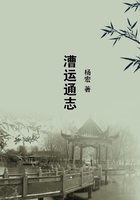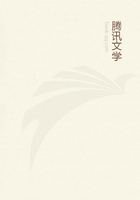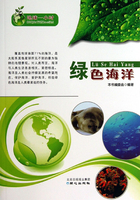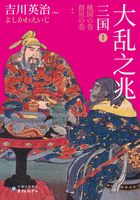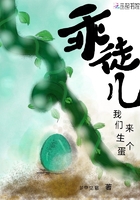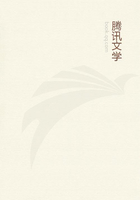1. All our ideas are at once spacial and temporal. Just as the conditions for the spacial arrangement of impressions belong originally only to the tactual and visual senses, and just as spacial relations are only secondarily carried over from these to all other sensations, so there are only two kinds of sensations, namely, the inner tactual sensations from movements and the auditory sensations, which are the primary sources of temporal ideas. Still, there is a characteristic difference between spacial and temporal ideas in the fact that in the first the two senses mentioned are the only ones which can develop an independent spacial order, while in the second the two most important kinds of sensation are merely those in which the conditions are most favorable for the rise of temporal ideas. These conditions are not entirely wanting, however, for any sensations. This indicates that the psychological bases of temporal ideas are more general, and that they are not determined by the special structures of particular sense-organs. It follows from this fact that even when we abstract from the ideas that enter into any series of psychical processes, and take account only of the subjective phenomena accompanying the ideas, such as feelings and emotions, we still ascribe to the affective processes thus isolated through abstraction exactly the same temporal attributes as to the ideas. In philosophy the conclusion has generally been drawn from this fact that time is a "universal form of perception", that is, there is absolutely no psychical content that does not have a position in time, though such content may exist without spacial attributes. This conclusion that time-perception is more universal, arising, as it does, from the greater universality of the conditions of such perception, is erroneous and is not confirmed by psychological observation.
[p. 143]
In the same way that we carry over spacial attributes from the two senses that give us space-pereeption to other kinds of sensations, we also give them secondarily to feelings and affective processes through the sensations and ideas inseparably connected with them. It may with equal right be doubted whether affective processes in themselves, without their related ideas, would have temporal attributes, for among the conditions of a temporal order are certain attributes of the sensational elements of ideas. The real facts in the case are that our ideas and, therefore, since ideas enter into every psychical experience, all psychical contents are at once spacial and temporal. The spacial order arises from certain particular sensational elements: in normal cases where vision is present from visual, in blindness, from tactual impressions; while time-ideas can arise from all possible sensations.
2. Temporal compounds like spacial and in contrast to intensive ideas, are characterized by the definite, unchangeable order of their component elements. If this order is changed, the given compound becomes another, even though the quality of its components remains the same. In special compounds, however, this unchangeableness of the order refers only to the relation of the elements to one another, not to the relation of the elements to the ideating subject. In temporal compounds, on the other hand, when the relation of one element is changed with regard to other elements, it is at the same time changed with regard to the ideating subject. There is no change of position in time analogous to that possible in the case of space-compounds.
2a. This property of the absolute, strictly speaking unchangeable, relation of every temporal compound and every time-element, however short, to the ideating subject, is what we call the flow of time. Every moment in time filled by any content whatever has, on account of this flow, a relation to [p. 144] the ideating subject that no other moment can be substituted for it. With space the case is just reversed: the very possibility of substituting any spacial element in its relation to the subject for any other element whatever, is what gives rise to the idea of constance, or absolute duration, as we express it, by applying a time-idea to a space-idea. The idea of absolute duration, that is of time in which no change takes place, is strictly speaking impossible in time-perception itself. The relation to the subject must change continually. We speak of an impression as lasting, when its single periods in time are exactly alike so far as their sensational contents are concerned, so that they differ only in their relation to the subject. The concept of duration when applied to time is, therefore, a merely relative concept. One time-idea may be more lasting than another, but no time-idea can have absolute duration, for without the double relation of different sensations to one another and to the ideating subject, no such ideas at all could arise. Even an unusually long unchanging sensation can not be retained. We interrupt it continually with other sensational contents.
We may, however, separate the two temporal relations always united in actual experience, that of the elements to one another and to the ideating subject, since each is connected with certain particular attributes of time-ideas. In fact, this separation of the two relations found its expression in particular words for certain forms of occurrence in time even prior to an exact psychological analysis of time-ideas. If the relation of the elements to one another is alone attended to, without regard to their relation to the subject, temporal modes come to be discriminated, such, for example, as brief, long, regularly repeating, irregularly changing, etc. If, on the contrary, the relation of the subject is attended to and the objective forms of occurrence abstracted from, we have as the chief forms of this relation the temporal stages past, present, and future. A. TEMPORAL TOUCH-IDEAS.


